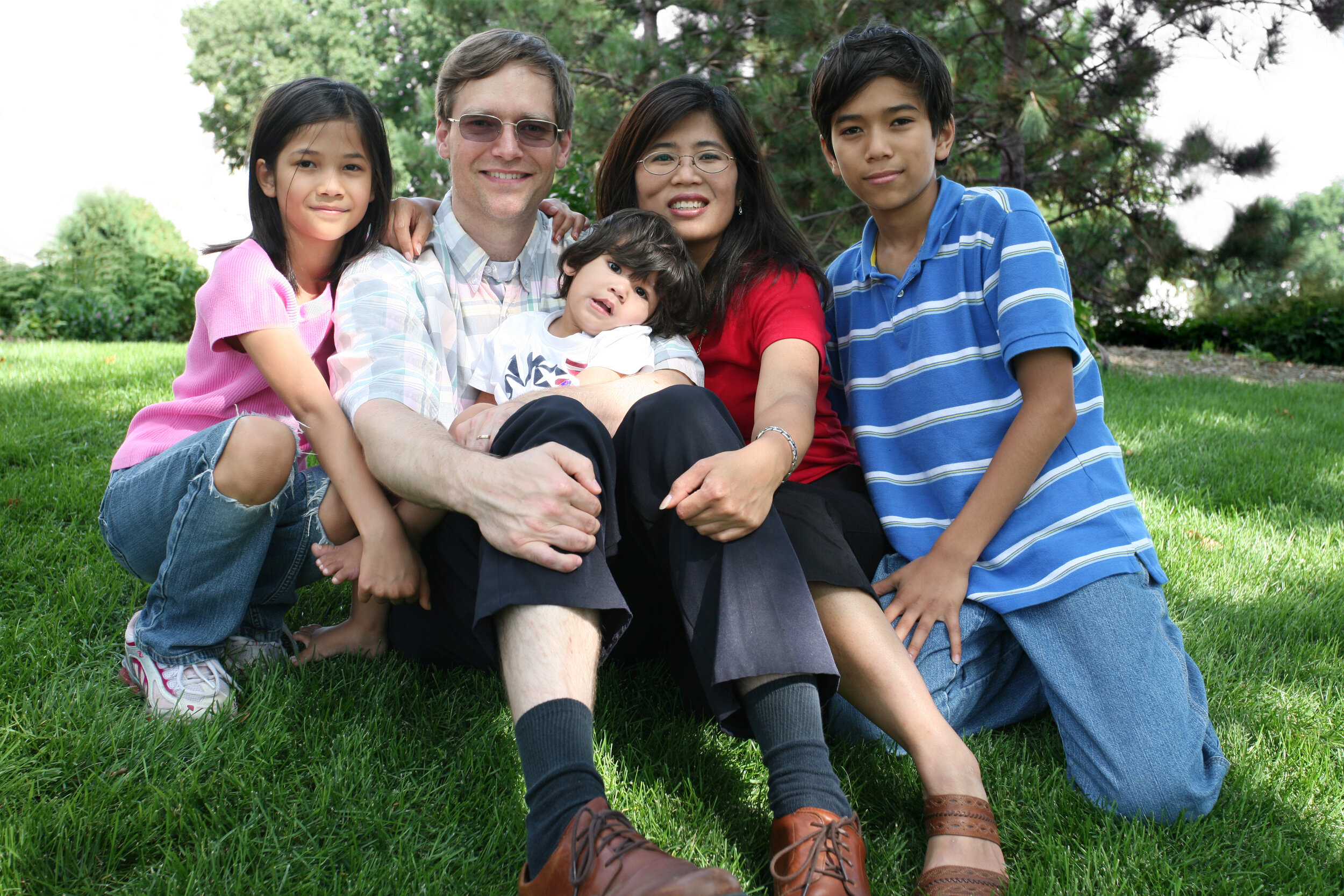“ My greatest reward as a psychologist is making a difference in people’s lives… one person, one family at a time.” Dr. Jeph
Current News and Information
Holiday Planning.
The Holiday season is here, and we often find ourselves overthinking how to celebrate in a meaningful and less stressful way this year. Here are three things to avoid and three ideas and ground rules for family engagement: a focus on planning and clear communication. You can contribute to a more enjoyable and stress-free annual family holiday gathering focusing on positive interactions and creating lasting memories.
Breaking the Stigma: A Conversation About Men’s Mental Health
Men’s mental health is gaining more attention than ever—and for good reason. From workplace pressures to shifting expectations around masculinity, men face unique stressors and often greater hurdles in seeking support. But talking about mental health is never a sign of weakness—it’s a powerful act of strength.
Seasonal Affective Disorder (SAD): Causes, Symptoms, and Treatment Options.
Seasonal Affective Disorder (SAD) is a type of depression linked to seasonal changes—most commonly occurring during the fall and winter months when daylight hours are reduced. Unlike general depression, SAD follows a predictable pattern and is closely tied to circadian rhythm disruption, serotonin regulation, and light exposure. While mild seasonal mood shifts are common, SAD can significantly affect energy levels, motivation, and overall functioning.
Do feelings of depression, helplessness, or anxiety have you off balance?
Stress related to life changes can affect all of us. A career setback, relationship difficulties, a breakup, separation or divorce, relocation, the passing of a loved one, the birth of a child, children leaving home, aging parents, aging pets, and our own health concerns can affect each of us differently. If stress, feelings of sadness or depression, helplessness, worries or anxiety, or other issues are interfering with your ability to function well at home, at work, or in your community, counseling can help.
Concerned about your child’s behavior at school, at home, in your community?
Our lives revolve around our children. We worry about them every day. We work hard to provide them a comfortable, safe haven. Despite our best efforts, we sometimes need help. If you’re concerned about your child’s behavior including episodes of excessive sadness, anxiety, anger or acting out, counseling is a good option. Neuropsychological and psychological testing can also help determine and manage any learning and/or attention problems.
Need help sorting through relationships and conflicts that challenge your family?
Family relationships are an important factor in mental health. Very little happens out of context or randomly. Many relationship and individual problems can occur because of family dynamics. Family counseling examines and sorts through the relationships, conflicts, and behaviors that are at the center of challenging family interactions. Working with a family’s patterns and behaviors can help reduce problems and improve interactions facing individual family members.













